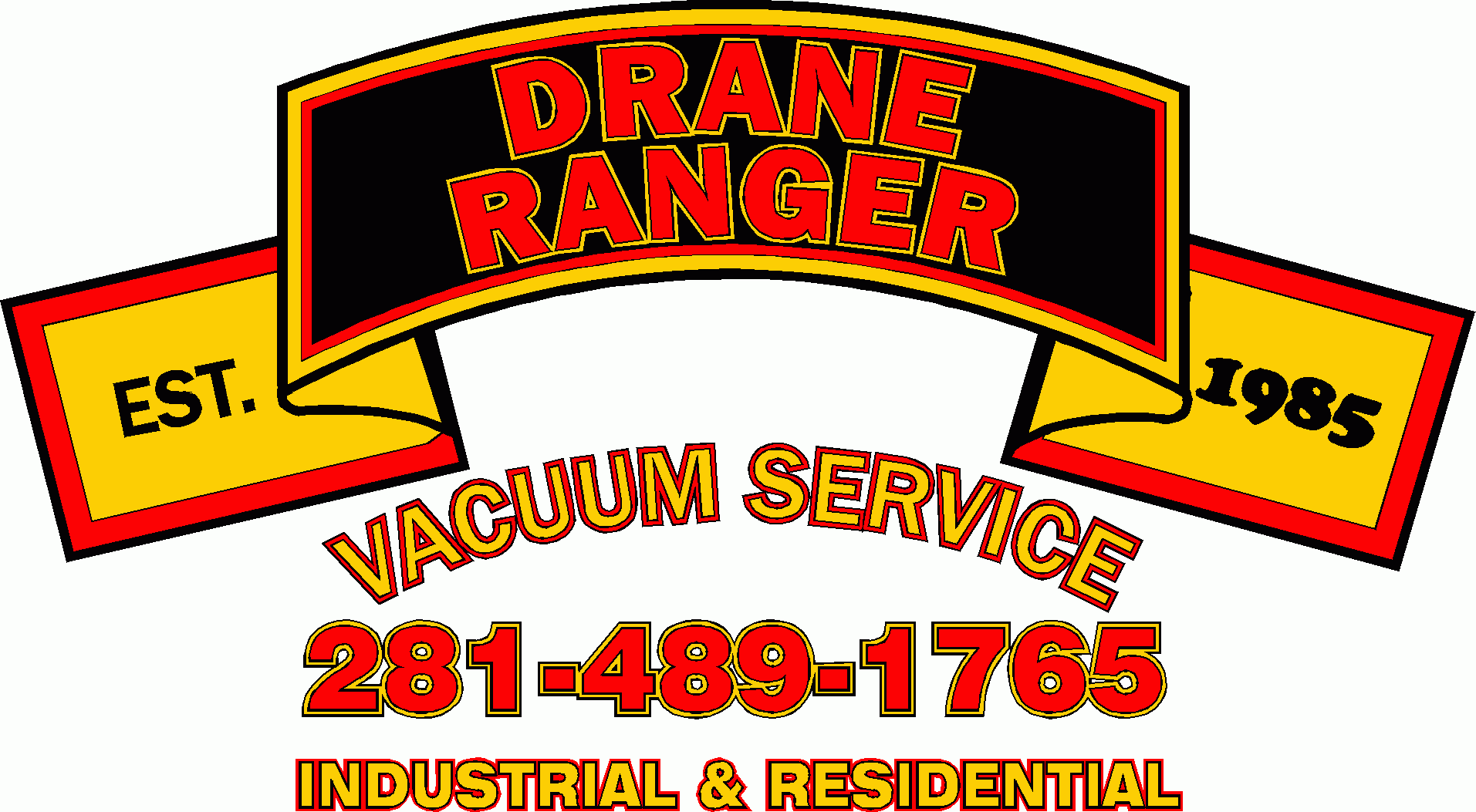If a commercial kitchen’s grease trap is regularly maintained and works properly, there’s usually no problem! Unfortunately, some commercial kitchen grease traps are not regularly maintained, they do not work properly and they do become problems.
Professional and expert commercial grease trap cleaning (https://draneranger.com/services/grease-grit-lint-traps/) is important to minimize grease trap problems and maximize kitchen efficiency.
Nearly every commercial kitchen is required to operate and maintain a grease trap in order to prevent sewage blockages. Grease traps primarily deal with fats, oils, and greases (FOG) that are produced during cooking, baking, frying, dish washing, and other commercial kitchen operations. But, as anyone in a commercial kitchen knows from experience, even making sure the amount of FOG materials that are washed away are kept to a minimum, preventing all of them from going down the sink is nearly impossible. That’s where commercial grease trap cleaning is comes in.
Commercial kitchen grease traps are designed to trap and intercept FOG, before the grungy fats, oils, and greases make it to the main sewer. Grease traps are installed in various places in a commercial kitchen—from under the sink to under the back parking lot, and they vary in both size and flow.
Commercial kitchens need a properly functioning and efficient grease trap, to reduce the chances of a grease trap getting full too quickly. Being pro-active with minimizing the solid food waste that goes down the drain, rinsing greasy dishes with cold water, and using biodegradable detergents for cleaning.
Even with the best of care, setting a scheduled maintenance and a commercial grease trap cleaning plan are vitally important.
Grease traps are always do dirty work! Commercial grease trap cleaning is important because FOG always rises to the surface of the water. A tube that dips below the water’s surface can pull out water that has separated from FOG liquids, as sludge and other non-FOG food waste quickly sink to the bottom.
Regularly scheduled commercial grease trap cleaning is often critical for the efficient and safe function of a commercial kitchen. Regularly emptying the grease and sludge collected by the grease trap is essential to keep the grease trap technology working properly. While some FOG materials may decompose naturally, the process is too slow to be timely, so the commercial kitchen grease trap needs to be evacuated every once in a while, no matter how well it’s used.
The recommended schedule for commercial grease trap cleaning varies. It is usually based on key factors like the kitchen’s size, type, and productivity, as well as the size, flow, and the amount of use that the grease trap has.
